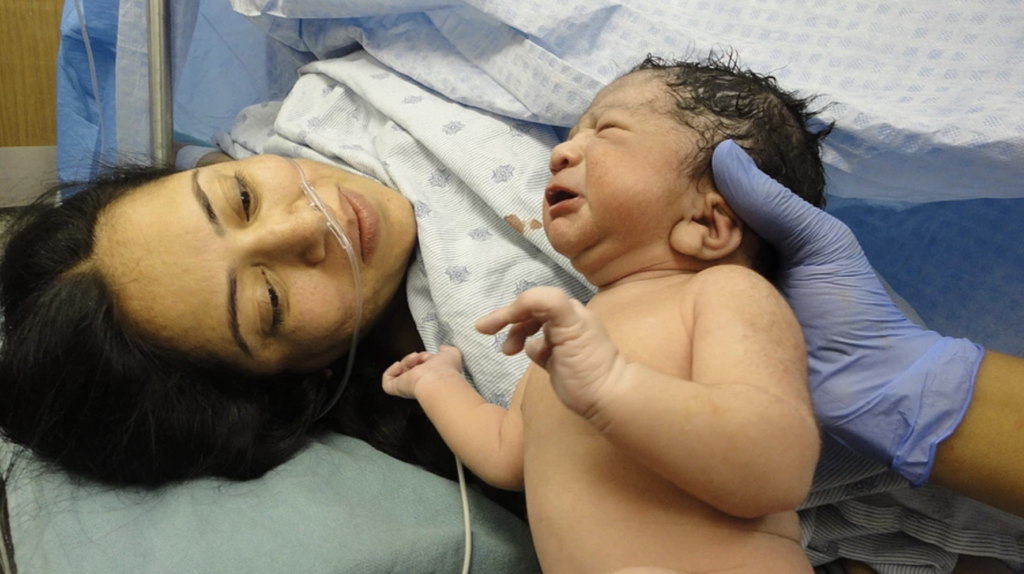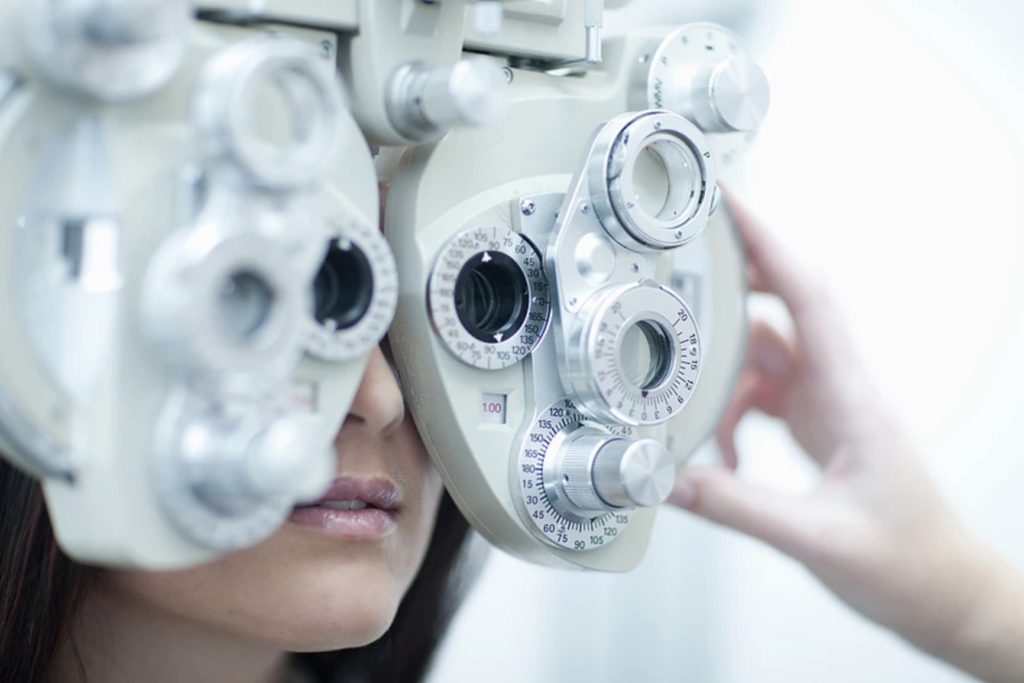You’re expecting! But what to expect when you’re expecting? Sure, we’ve all heard of morning sickness and fatigue, but here are the top 10 things no one talks about in pregnancy …
10. Constipation

Almost half of pregnant women will experience constipation at some point during pregnancy. Progesterone, a female hormone, increases throughout pregnancy and is known to slow down the GI tract — allowing more water to be drawn from the stool — and hence, more constipation! So, what can you do? Eat foods high in fiber, drink lots of water and exercise. If that doesn’t get things moving, try mixing Miralax in a cup of prune juice or using an over the counter stool softener.
9. Gas

Even as an Ob/Gyn, when I became pregnant for the first time, I was astonished by the amount of gas I produced. It seemed every time someone approached within smelling distance, I needed to rip one! That same pesky progesterone hormone slowing down your GI tract is responsible for all of the gas as well. For those struggling to salvage their dignity from the silent but violent, try limiting foods that promote gas (e.g. beans, broccoli and carbonated drinks) and eating more slowly.
8. You will probably poop during labor

One of the greatest fears of laboring mamas is “will I poop while pushing?” All nine months (actually ten, but hey who’s counting…) laxatives, hot teas nor tons of fiber could get you going, but now at the most inopportune time they all want to work! Actually, pooping while pushing is a sign that you’re pushing effectively since we use the same muscles to push a baby out that we use to poop. Rest assured, however, most women poop during labor so it’s par for the course to your nurse, midwife and Ob/Gyn.
7. Increased vaginal discharge

During pregnancy, many women no longer recognize their own vagina. The labia can become swollen, darken and even have varicose veins. One of the most common changes, however, is an increase in vaginal discharge. In fact, one of the earliest signs of pregnancy is an increase in vaginal discharge that can persist throughout pregnancy thanks to your rising estrogen levels. As long as there is no itching, odor or watery discharge, it is usually normal.
6. Breast changes

Just as many women fail to recognize their own vaginas during pregnancy, our breast tissue undergoes even bigger (pun intended!) changes. Increased blood supply to the breast and hormonal changes during pregnancy may cause breast tenderness, an increase in size, darkening and enlargement of the areola, prominence of veins and leaking colostrum (the earliest form of milk). To deal with some of the more uncomfortable changes during pregnancy, get a bra sizing and invest in a bra with good support, wide shoulder straps and no underwire.
5. Your vision may change

Sure, we all know women can get swelling in their hands and feet during pregnancy. But did you know fluid can build up in your eyes resulting in blurred vision? Other causes for vision changes
during pregnancy, includes dry eyes and poorer peripheral vision. Fortunately, these vision changes are typically temporary. If you note vision changes and elevated blood pressure during pregnancy, however, consult your healthcare provider immediately.
4. Your feet will get permanently bigger

You just found out you’re pregnant. Now what … schedule your first prenatal visit, calculate your due date and wear your favorite pair of shoes! Yes, wear your favorite pair of shoes. During pregnancy your ligaments will loosen allowing the bones in your feet to separate. This, in addition to the increased weight on your foot arch, can cause your feet to permanently grow and result in a change in shoe size. So, before all of the feet swelling and permanent changes take place — enjoy your favorite pair of shoes!
3. Sex may be more painful

We’ve all heard of women having the best orgasms of their lives during pregnancy. But what about those of us who can’t bear the thought of sex during pregnancy because of pain? During pregnancy the increased blood flow, vaginal dryness and round ligament pain for some women can result in painful sex. If you experience pain with intercourse during pregnancy, however, check with your
healthcare provider. Infections or ovarian cysts can result in painful sex for some women during
pregnancy and can be treated by your healthcare provider.
2. Postpartum decrease in sex drive

Hormonal shifts, fatigue and physical changes can all lead to a postpartum decrease in sex drive for many women. In fact, 83% of women report experiencing sexual problems in the months after delivery with breastfeeding mothers reporting more decreased libido than their counterparts. For many women, it can take up to a year to return to their pre-pregnancy libido. So what to do? Get plenty of rest, talk to your partner about how you’re feeling and enjoy non-sexual intimacy (e.g. cuddling, massages and flirting). If you aren’t noting an improvement in your decreased libido as the months progress, be sure to talk with your healthcare provider!
1. Postpartum Depression

Postpartum blues, i.e. crying spells, anxiety and difficulty sleeping, are common for many women
after the birth of their baby. However, for nearly 1 million women in the U.S. each year this can lead to postpartum depression, a more severe form characterized by extreme mood swings, excessive crying, difficulty bonding with the baby, withdrawal from family and friends, hopelessness and for some thoughts of suicide or psychosis. Unlike the name suggests, for almost half of these women the symptoms start during pregnancy but can begin any time during the first year after delivery. If you think you or someone you know may be suffering from postpartum depression, talk to your healthcare provider.
Pregnancy can be a happy and exciting time for many families. Nonetheless, for many it can also present its own set of challenges. Whether you’re dealing with constipation, feet swelling or postpartum depression, know that you are not alone in this journey. Seek help when you need it, whether it be from family and friends or your friendly Ob/Gyn!

